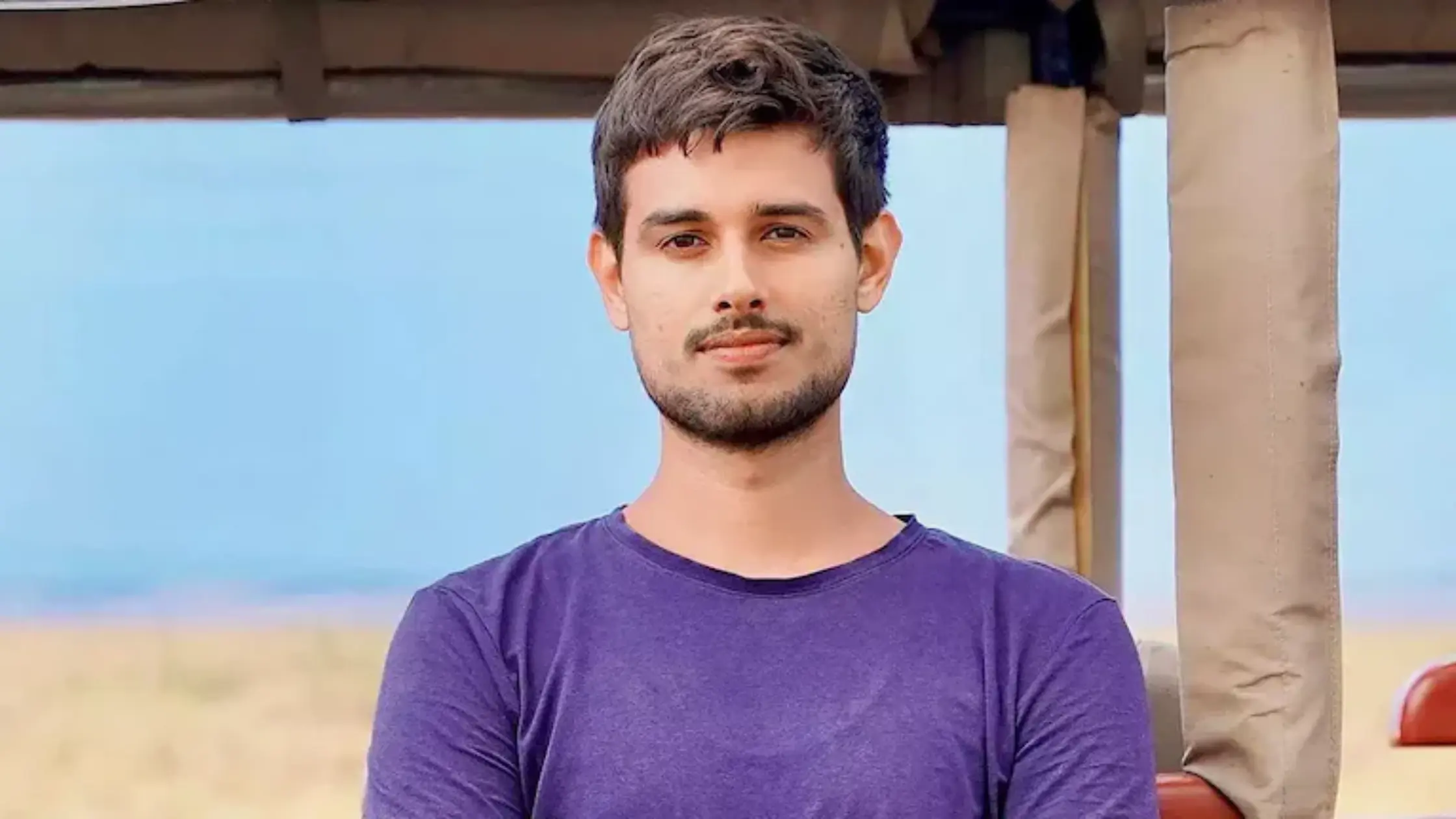In the aftermath of the 2025 Delhi Assembly elections, where the Bharatiya Janata Party (BJP) secured a significant victory over the Aam Aadmi Party (AAP), political commentator and YouTuber Dhruv Rathee has come under intense scrutiny. Rathee, known for his critical views against the BJP and support for AAP, has been both criticized and defended for his analysis of the election results.
Dhruv Rathee’s Analysis of AAP’s Defeat
Following AAP’s unexpected loss, Dhruv Rathee took to social media to share his perspective on the factors contributing to the party’s defeat. He emphasized that the BJP had systematically hindered the functioning of the Delhi government over the past few years. Rathee pointed to several strategies employed by the BJP:
- Administrative Roadblocks: Utilizing the Lieutenant Governor (LG) to halt or delay government orders, thereby impeding AAP’s initiatives.
- Legal Actions Against Leaders: Deploying central agencies to file cases against AAP leaders, leading to arrests and creating a climate of fear and distraction within the party.
- Legislative Changes: Implementing new laws, notably the Government of National Capital Territory of Delhi (Amendment) Act, 2023, which curtailed the powers of the elected Delhi government, effectively placing the BJP in control of the city’s administration.
Rathee argued that these actions resulted in a stagnation of developmental work in Delhi, which the BJP then used to criticize AAP’s governance. He suggested that the BJP’s indirect rule over Delhi since 2023 made them accountable for the city’s issues, including pollution and infrastructure problems. He concluded by questioning whether the public would recognize these factors or be swayed by communal narratives.
Public Reaction and Online Trolling
Rathee’s analysis sparked a wave of reactions on social media. Critics accused him of deflecting blame from AAP’s shortcomings and failing to acknowledge the party’s internal issues. Some labeled his explanations as biased, given his known support for AAP. Conversely, supporters defended his viewpoints, agreeing that the BJP’s interventions had undermined AAP’s governance. This polarized response highlights the deep political divisions among the public and the challenges faced by commentators in presenting nuanced analyses.
Arvind Kejriwal’s Concession and Future Implications
In response to the election outcome, AAP leader Arvind Kejriwal publicly accepted the defeat, stating, “We humbly accept the public’s decision. I congratulate the BJP on this victory. I hope they will live up to the expectations.” This acknowledgment marks a significant moment in Delhi’s political landscape, as the city transitions from AAP’s governance to BJP’s leadership after 27 years.
The 2025 Delhi Assembly elections have not only reshaped the city’s political dynamics but also ignited discussions on the interplay between central authority and state governance. As stakeholders analyze the results, figures like Dhruv Rathee continue to influence public discourse, reflecting the complexities of modern political engagement.
For more insights and detailed analyses on Delhi’s evolving political scenario, stay tuned to DCChowk.

